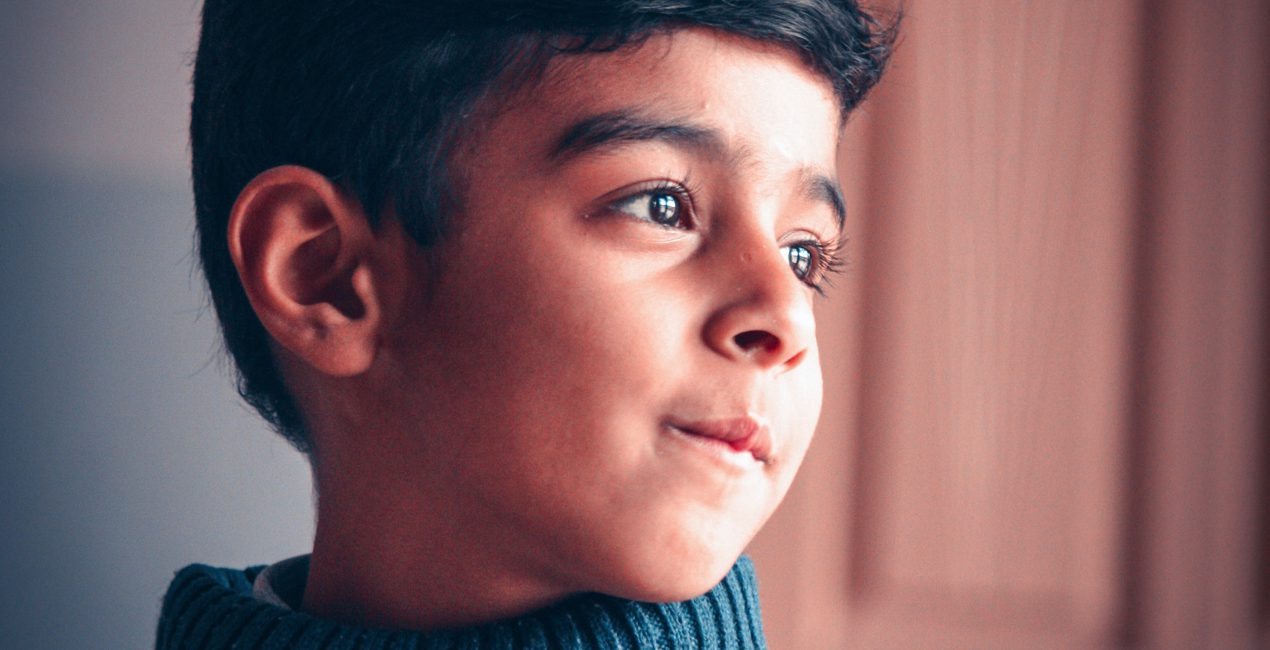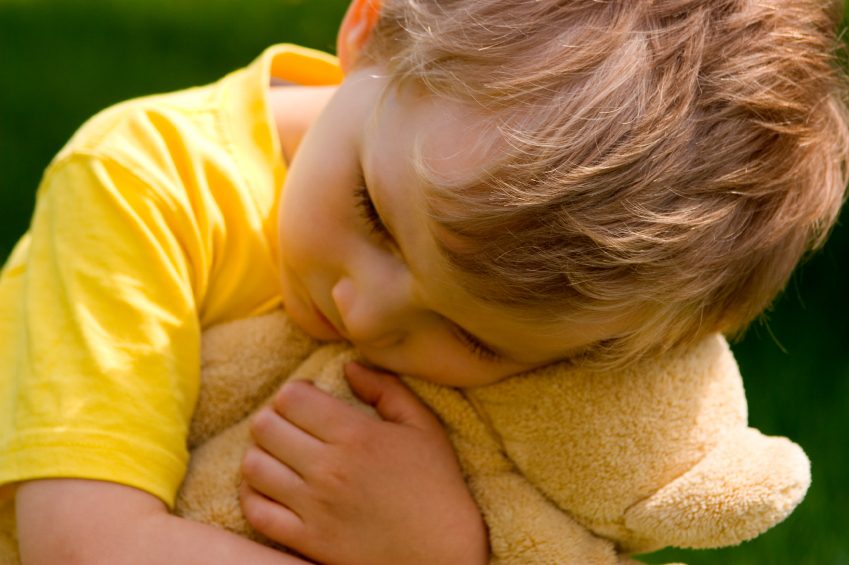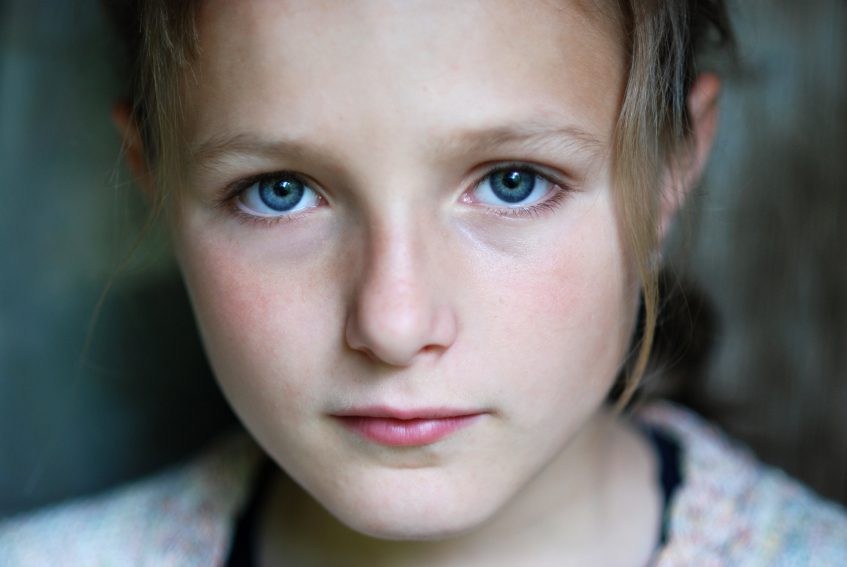Grade School
My Child Is Being Bullied Because Of Religion

There is a saying with regard to prejudice and human behavior. It’s a shrinky phrase (by that, I mean that it’s loaded with jargon), so I’m going to tell it first, and then we’ll translate it through, sadly, an increasingly common example.
Here’s the phrase:
“The narcissism of small differences.
Why Does Play Matter?

Let’s talk about rats with toys, and rats without.
In fact, let’s put rats on hold for a moment. Let’s talk first about children’s museums; that’ll take us to rats and their toys, and move us nicely to the welfare of the brains of our children.
When Is Getting a Firm Diagnosis Important?

Stephen’s parents were worried. Stephen was an active 7-year-old who was having trouble learning to read, and staying seated in class. Now that he was in second grade, he was having trouble completing homework.
What If My Child Won’t Part With His Special Toy?

There was a common conversation that often happened when I was in college.
“What,” we would ask each other, “was the name of the blanket you carried around when you were a kid?”
“Blanky.”
“Big Red.”
“Actually, I didn’t have a blanket. I had a stuffed elephant named Gilbert.
What If My Child Has a Mental Illness?

What is mental illness?
Julie is 15 years old. She’s just returned to school after missing two weeks to receive treatment for wanting to harm herself by taking too much of an antibiotic that she found in her grandparents’ house.
What If My Child Has Bipolar Disorder?

Here’s a familiar, yet until recently almost–never-talked-about scenario.
Billy is 10 years old. He has freckles, wears a baseball cap almost all of the time, and has a best friend named Pete. When he’s happy, there’s no one better. He’s kind, empathic, playful, funny and fun-loving.
How To Help Your Kids If You Are Getting A Divorce

We emphasize often the emotional weight that every child carries. About 1 in 5 kids will have a psychiatric disorder at some point during their childhood or adolescence. But, if you really want to talk high numbers, take a look at divorce.
Death of a Loved One: How Do I Help My Child Cope?

When a family member dies, it can be one of the hardest times to manage. That pretty much goes without saying.
Does My Child Have Attention Deficit Hyperactivity Disorder? How Would I Know?

Attention Deficit Hyperactivity Disorder. Some kids just can’t seem to do what we expect of them, even the simplest of things—in school, at home and with other kids.
It’s not hard to see why they get labeled: sloppy, lazy, disorganized, won’t listen; or worse—defiant, self-centered, impossible to manage.



